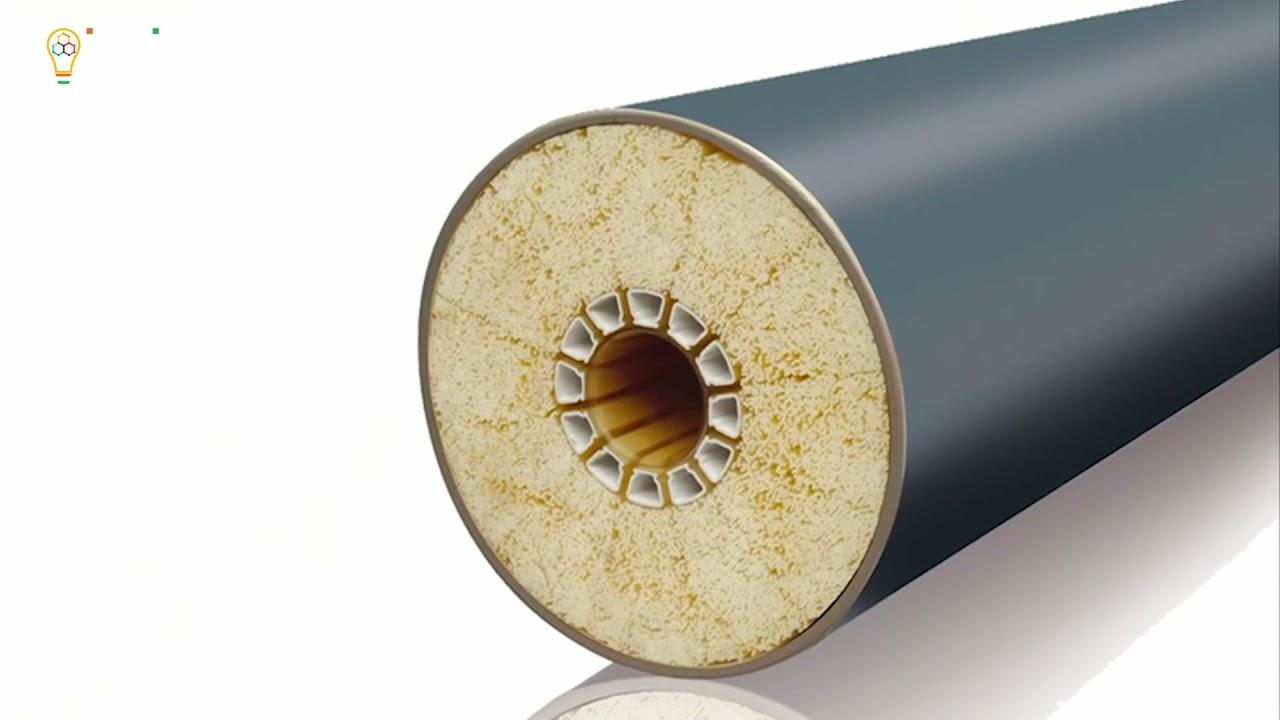Hollow Fiber Filtration is a sophisticated water treatment technology that offers numerous advantages in purifying water for various applications. Understanding its mechanisms and benefits is crucial for optimizing water treatment processes.
- Understanding Hollow Fiber Filtration: Hollow Fiber Filtration is a membrane-based water treatment method that utilizes semi-permeable hollow fibers to remove impurities from water. These fibers have microscopic pores that selectively allow water molecules to pass through while blocking contaminants such as bacteria, viruses, and suspended solids.
- Efficient Contaminant Removal: One of the key advantages of Hollow Fiber Filtration is its ability to efficiently remove a wide range of contaminants from water. The small pore size of the hollow fibers ensures thorough filtration, resulting in clean and safe water suitable for various purposes, including drinking, irrigation, and industrial processes.
- Compact Design and Space Efficiency: Hollow Fiber Filtration systems are known for their compact design and space efficiency. The hollow fibers are densely packed within the filtration module, allowing for high filtration surface area within a relatively small footprint. This makes them ideal for installations in locations where space is limited.
- Low Energy Consumption: Hollow Fiber Filtration systems are energy-efficient compared to traditional water treatment methods. The filtration process relies on gravity or low-pressure pumping, requiring minimal energy input. This results in lower operating costs and reduced environmental impact, making it a sustainable choice for water treatment.
- Continuous Filtration and High Flow Rates: Hollow Fiber Filtration systems are capable of continuous filtration with high flow rates, ensuring a consistent supply of clean water even under high-demand conditions. This makes them suitable for applications where a steady and reliable water supply is essential, such as municipal water treatment plants and industrial facilities.
- Versatility and Adaptability: Hollow Fiber Filtration systems are versatile and adaptable to various water sources and quality requirements. They can be customized to target specific contaminants and adjusted to meet the treatment needs of different water sources, including surface water, groundwater, and wastewater.
- Long Service Life and Low Maintenance: Hollow Fiber Filtration membranes are durable and resistant to fouling, allowing for long service life with minimal maintenance requirements. Routine cleaning and membrane replacement are typically straightforward procedures, contributing to the overall cost-effectiveness of the system.
- Compliance with Stringent Water Quality Standards: Hollow Fiber Filtration systems are designed to meet stringent water quality standards and regulations. They provide effective removal of contaminants to ensure that treated water meets or exceeds drinking water quality requirements set by regulatory agencies.
Harnessing the power of Hollow Fiber Filtration is essential for optimizing water treatment processes and ensuring access to clean and safe water for various purposes. By understanding its mechanisms and benefits, water treatment professionals can make informed decisions regarding the selection and implementation of filtration systems tailored to specific needs and requirements.
Get More Insights On This Topic: Hollow Fiber Filtration
